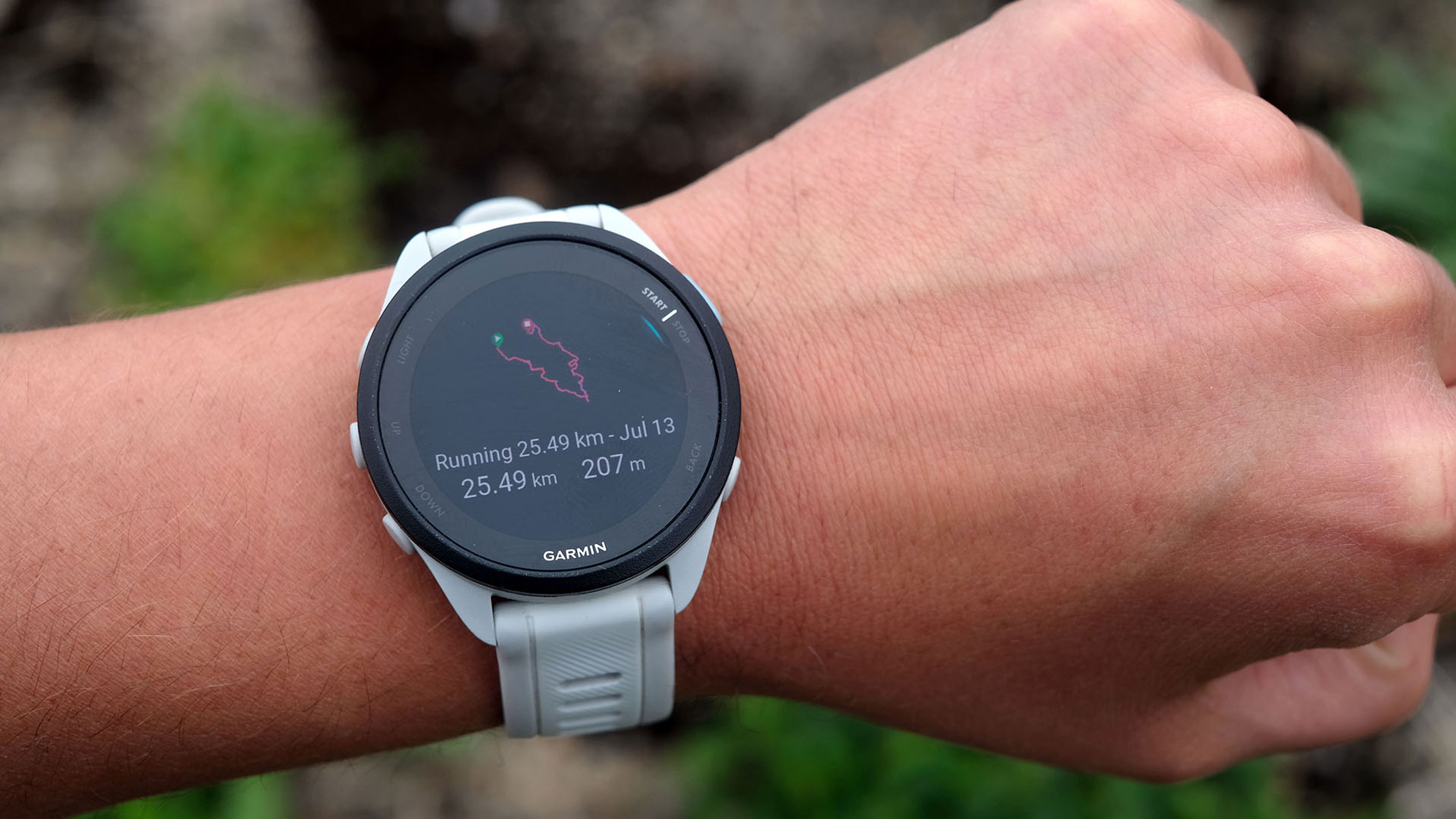Program Tracks Preschoolers with Electronic Tags
Officials in Contra Costa County, California are using RFID (radio frequency identification) technology to track some 240 preschoolers as part of a new Head Start program to keep the children safe and to make better use of its teachers. But the plan is not going over well with some privacy groups.
The county received a $115,000 stimulus grant for the system under the American Recovery and Reinvestment Act of 2009, according to Karen Mitchoff, Contra Costa County Employment & Human Services spokeswoman, which oversees the Head Start program. Mitchoff said the county has spent $50,000 of that money rolling out the system to the first Head Start site. She said the county plans to use the rest of the grant to implement the technology in two other Head Start facilities.
“We did some research and we thought this would be a good utilization for the money,” Mitchoff told TechNewsDaily.
A major advantages of RFID tags, Mitchoff said, is that it frees up teacher time that would otherwise be spent on administrative duties such as roll call and recording when children eat – information that has to be submitted to the U.S. Health and Human Services.With RFID tags, this kind of information is recorded automatically.
The system works like this:
When a child arrives at school, the parent signs that child in. Then the child is assigned a little jersey with a number on it that has a tracking device, or RFID tag, sewn into the right front of the jersey. These tags transmit data to sensors placed around the classroom and the playground area. Using software, teachers and administrators can then monitor the children’s activities on a computer screen. The children are displayed as moving dots.
If a child moves out of the area, the system sounds an alert to notify the staff.
Get the world’s most fascinating discoveries delivered straight to your inbox.
“This just helps us to know where that child is at all times," Mitchoff said. "Not that the teachers wouldn’t know where they are. It’s just an assist to teachers. It frees up teachers to spend more time with students and less time on paperwork, attendance and meal schedules.”
Privacy concerns
Whatever the county’s reasons for implementing the system, Marc Rotenberg, executive director of the Electronic Privacy Information Center (EPIC) in Washington, is more than a little concerned with the implications of the decision.
“I don’t think kids should be treated like guinea pigs or farm animals,” he said. “Up until now these tracking devices have been used for farm animals or house pets. Now a school district thinks it’s a good idea to tag children. It shouldn’t happen.”
Rotenberg, who said his organization will probably send a letter to the county about its concerns, is worried about the risks associated with making the location of children available.
“If you get into the scenario of stalkers and pedophiles, now it’s possible to determine when a child is outside the classroom and that can pose a real threat,” he said. “These systems generate location information and they can create audit logs, so the information is not just available in real time but historic information as well. From our perspective that will create privacy risks because parents will be wondering, ‘Who, apart from me, knows where my child is at any particular moment.' There are lots and lots of risks because anyone [with access to the system] can get this information.”
'Scary news'
Rebecca Jeschke, Media Relations Director at the San Francisco-based Electronic Frontier Foundation (EFF), called the RFID tracking program “scary news.”
Jeschke said she has a number of questions about the program. For one thing, she’s afraid that the technology will be used to create information that administrators could use to draw false conclusions about a particular student.
“We don’t know how much data they’re gathering but with an RFID chip, if you took readings regularly – it’s a promiscuous technology and they could take readings all day if they wanted to – you could have what would appear to be a very complete picture of a child’s movements, especially if it’s a substitution for adult monitoring,” she said. “If a child is moving around all the time, will administrators label him hyperactive? And will that information follow that child through high school?”
According to Mitchoff, this is not a problem because although the RFID tracking data will be kept in the system, the children’s names and identifying information will be removed after 24 hours.
Opting out
EFF's Jeschke also worries that the socio-economic backgrounds of the families in Contra Costa County will affect their ability to question the risks and merits of the tracking program.
“Not all kids go to public preschools; it’s usually kids in low income neighborhoods,” she said. “Note that it’s not kids in the rich neighborhoods that they’re tracking. And why young kids who are too young to understand the implications of what’s happening to them? Because it’s Head Start, it’s arguably a population that doesn’t know about this [technology]. And I have some concerns about why this school was targeted because it involves parents who don’t really have the time to get involved.”
Mitchoff said so far there really hasn’t been any resistance from parents to the program. She said her organization reached out to the parents to tell them about the program and only one parent was concerned, but not about the privacy issues.
“She felt the money could have been better utilized for other things in the community, like cleaning up the garbage next to the site,” Mitchoff said. “But as you know, grants are very specific and we couldn’t use it for anything else. So that child wears a jersey but there’s no tracking device in it.”
 Live Science Plus
Live Science Plus





